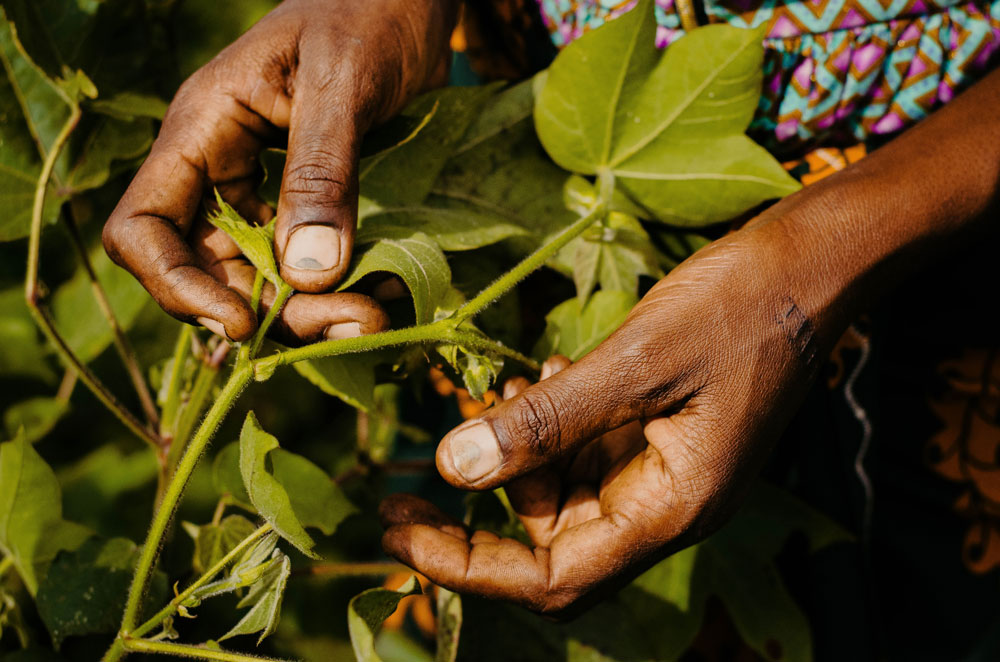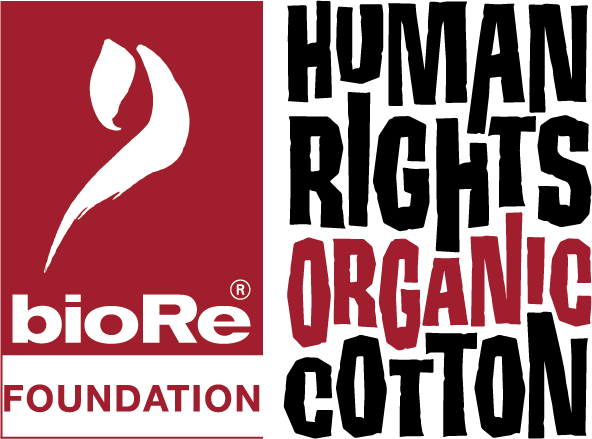Climate change and sustainable management of natural resources remain the major issues for all interventions to improve agricultural production, food access, and agriculture-based livelihoods in sub-Saharan Africa (SSA). There is an increasing concern on declining land resources due to rapid soil degradation, harsh and uncertain climate, and the rapidly increasing population. Despite these limitations, signs of agronomic yield increases and noticeable promise with impressive annual growth rates have been observed. However, sustaining the growth rate will become harder in the future due to increasing population, warmer climate, limited water resources, soil erosion and contamination, and more pervasive pests and pathogens. Furthermore, the IPCC Special Report on Global Warming indicates an increase of 1.5 °C change in temperature in SSA, creating a threat to ecosystems, biodiversity, and human health. These threats are more challenging and apparent in SSA than elsewhere and they create a need of generating new knowledge on natural resource management and climate change to provide an enabling environment for smallholder farmers for engaging in sustainable agricultural practices.
“Climate Impacts on Agricultural and Natural Resource Sustainability in Africa” deals with both the natural science and social science aspects, under dwindling natural resources, changing climate, and increasing climate uncertainties in SSA and the knowledge presented here is a crucial piece in the ingredients required for sustainable resource management under changing and uncertain climate in SSA.

In the Part III diverse studies have been presentend on “Sustainable Crop, Livestock, Aquaculture and Fish Production”, among which also the study on Yield and Profitability of Cotton Grown Under Smallholder Organic and Conventional Cotton Farming Systems in Meatu District, Tanzania.
Yield and Profitability of Cotton Grown Under Smallholder Organic and Conventional Cotton Farming Systems in Meatu District, Tanzania
Agronomic practices have a large effect on the yield and profitability of low-input smallholder cotton farming in Africa. A two-season field experiment was conducted in a semi-arid cotton growing area in Meatu District, Tanzania, to compare the yield and profitability of various conventional and organic cotton production practices.
Besides the currently applied low-input conventional and organic cotton production practices, higher-input and innovative farming practices as well as control treatments (without fertiliser or pesticides) were tested. While season 1 had weather conditions that were very suitable for cotton production, much less rainfall in season 2 severely reduced the yield and land rent in both conventional and organic cotton production. In general, conventional and organic practices have similar cotton yields, but organic practices often generate higher land rents than conventional practices due to a higher price for organic cotton and lower production costs.
In both seasons, the innovative organic practice generated the highest land rent of all conventional and organic practices, and it is statistically significantly higher than the land rents of all conventional farming practices.

